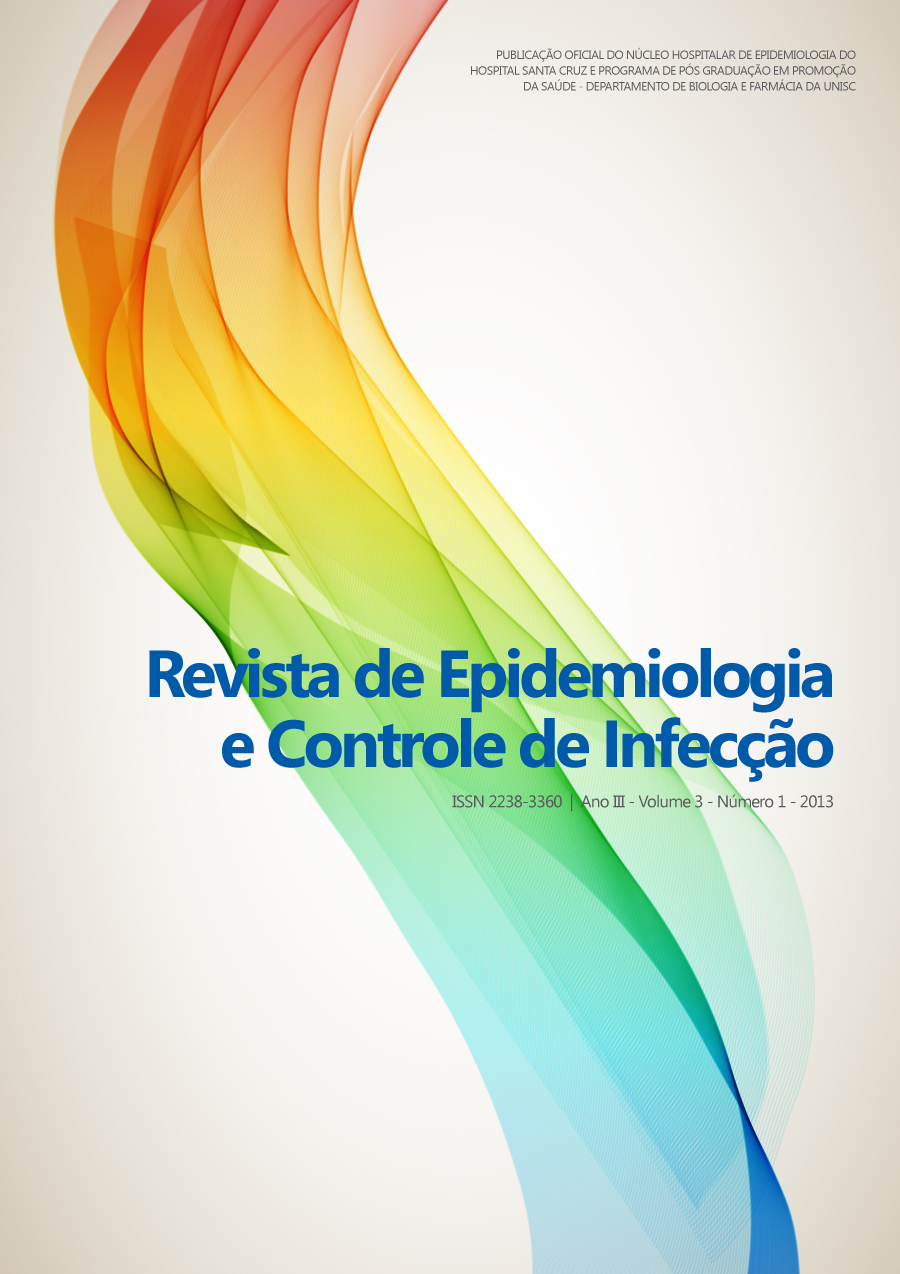Sífilis congênita: uma revisão da literatura
DOI:
https://doi.org/10.17058/reci.v3i1.3022Resumen
A sífilis congênita apresenta as maiores taxas de transmissão vertical no Brasil, mesmo sendo possível a prevenção através do pré-natal. A infecção pelo Treponema pallidum pode ocorrer em qualquer fase da gestação, incluindo o momento do parto. Dois terços dos nascidos vivos serão assintomáticos, porém alterações como prematuridade e baixo peso ao nascer podem atingir os neonatos infectados. Além disso, a sífilis congênita apresenta uma forma tardia, quando a sintomatologia pode surgir apenas na puberdade. A pesquisa deve ser iniciada no pré-natal, durante os três trimestres de gestação, através da pesquisa por VDRL ou RPR, sendo recomendada investigação com testes mais específicos, como o FTA-ABS, a partir de títulos de 1:16 no VDRL. O tratamento da sífilis congênita em geral é realizado com penicilina, considerando fatores como a sintomatologia do neonato e a efetividade do tratamento realizado pela mãe durante a gestação.Descargas
##submission.downloads##
Publicado
Cómo citar
Número
Sección
Licencia
The author must state that the paper is original (has not been published previously), not infringing any copyright or other ownership right involving third parties. Once the paper is submitted, the Journal reserves the right to make normative changes, such as spelling and grammar, in order to maintain the language standard, but respecting the author’s style. The published papers become ownership of RECI, considering that all the opinions expressed by the authors are their responsibility. Because we are an open access journal, we allow free use of articles in educational and scientific applications provided the source is cited under the Creative Commons CC-BY license.


